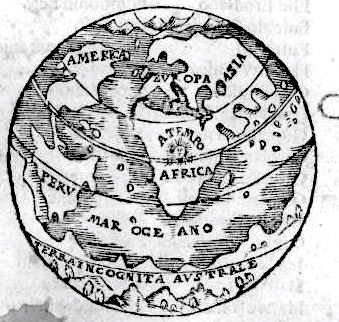The Iberian slave trade, responsible for the displacement and sale of millions of Africans as slaves to the Americas, was not only driven by European capitalist and imperial ambitions. Since the sixteenth century, Catholic theologians writing on the moral conditions of economic realities started to include chapters justifying the slave trade.
This publication on the fairness of contracts, acquisitions, and possessions, written by the Portuguese Jesuit Stephanus Fagundez (1577- 1645), fits in a tradition of Catholic legal experts who not only failed to condemn the slave trade on moral grounds, but who accepted the slave trade as an economic reality and focused on how and when slaves could be sold legally.
Drawing from Aristotle, civil and canon law, and the Holy Scriptures, Fagundez argues that the sale of a human should be legal when one was captured in a just war, had committed certain crimes, or was born in slavery. Scholars like Fagundez facilitated the slave trade further by stating that it was not the responsibility of the slave trader to check the legality of a sale in case of doubt and that testimonies of the enslaved were not accepted as evidence in these cases.
Citation
Stephanus Fagundez, De justitia, & contractibus, & de acquisitione, & translatione dominii, libri septem. Lyon: Laurent Anisson, 1641.[Catalogue Entry]

